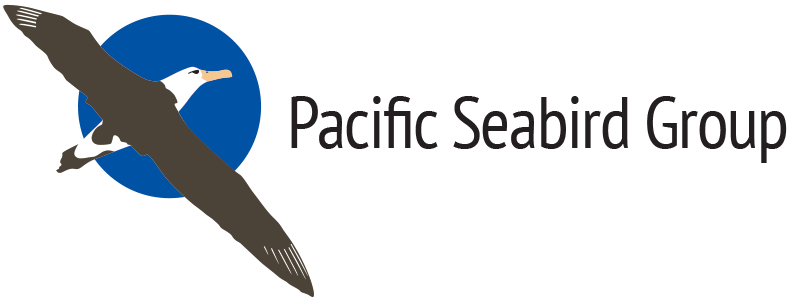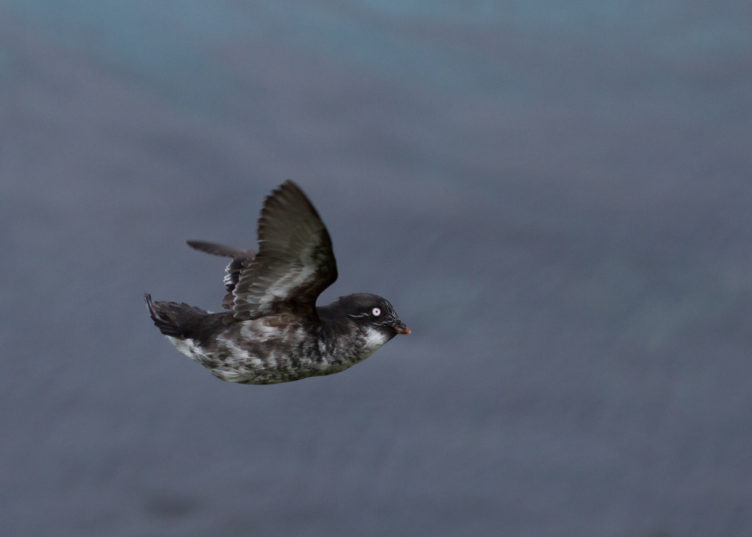Paid Field/Research Assistant: New Caledonian Crow Cognition and Behavior
The Department of Linguistic and Cultural Evolution (DLCE) is looking to fill several 2-6 month freelance aviary and field research assistant positions to support their research team in conducting field work on the tool-use and general foraging behavior of the New Caledonian Crow. Deadline to apply: 12/8/2023.
Agency/Organization: The Max Planck Institute for Evolutionary Anthropology
Location: New Caledonia
Website: Click here
Job Description: From hammers and chisels to cars and computers—the technological behaviour of humans is unsurpassed by any other organism. Nevertheless, we are not alone in the technological realm. Other primate and non-primate species are known to exhibit tool-related behaviour. One species in particular, the New Caledonian crow, expresses tool manufacture skills that eclipse those seen in chimpanzees, including the production of hook tools—an ability shared only with humans. Additionally, New Caledonian crows’ leaf-tool designs vary across geographical areas in a pattern that suggests they may have cumulatively evolved. In aviary experiments, wild-caught New Caledonian crows have successfully solved cognitive tasks that probe abilities such as reasoning by exclusion, causal inference, meta-tool use, agency detection, and short-term planning. The New Caledonian crow is thus an ideal model species to test hypotheses about what makes humans unique, and, in the process, to study the more general links between tool manufacture, cognition, and cultural evolution. This project will use our field sites and aviaries in New Caledonia to expand our understanding of the cognitive and cultural underpinnings of New Caledonian crow tool-use and general foraging behavior.
Aviary-based assistants (2-3 persons)
Aviary-based assistants will primarily focus on caring for, and conducting behavioural studies with, temporarily-captive New Caledonian crows in our purpose-built aviary. Assistants will also help with field-based research, and the general running of the field station.
Field-based assistants (2-3 persons)
Field-based assistants will mainly focus on conducting observational studies on New Caledonian crow foraging behaviour in the wild. This will involve capturing and banding wild birds so that they can be identified, and collecting data on their natural foraging behavior through a combination of direct observation and remote camera-trapping. Assistants will also help with aviary-based research, and the general running of the field station.
Qualifications:
Essential
- A passion for science and a deep interest in the natural world
- Excellent attention to detail
- Demonstrated ability to work as part of a team
- Demonstrated practical skills
- Demonstrated ability to learn new skills
- Willingness to work and live in remote/basic conditions for prolonged time periods
- Proficiency in both spoken and written English
- A valid driver’s license
- Good physical fitness
Desirable
- Research experience in the behavioral sciences
- Field research experience in tough (e.g., tropical, remote) environments
- Experience in animal husbandry (aviary assistants)
- Experience working with captive birds (aviary assistants)
- Experience with capturing/banding birds (field assistants)
- A valid bird banding permit (field assistants)
- Experience in data entry and management
- Good spoken French
Wage: All assistants will receive a fixed-amount of pay per month (no social benefits included); one round trip economy airfare to New Caledonia plus ground transportation to the field site, as well as basic accommodation and equipment on site; all assistants will be required to take care of their own (travel) health insurance, proof of which will usually have to be provided to the authorities when entering New Caledonia.
To apply: Please submit your application in English, including the following:
- Cover letter describing how you meet the essential and any desirable requirements, including which position—aviary or field—your strengths speak to (max. 1 page)
- Your CV and copies of degree certificates (Bachelor’s/Master’s diplomas and/or transcripts)
- Names and contact information (including e-mail) for 2 referees [NB. you may compile several PDFs into one for submission]
The Max Planck Society is committed to employing individuals with disabilities and especially encourages them to apply. Additionally, we seek to increase diversity of our workforce in areas where it is underrepresented and therefore explicitly encourage women and members of underrepresented groups to apply.
To apply, click here.
Application Deadline: 11/19/2023
Start Date: Starting times for these positions will be in April, May, or June 2024. The field assistant positions are for 2-4 months (depending on research schedule and visa entry requirements).
Contact: dlce_info@eva.mpg.de






